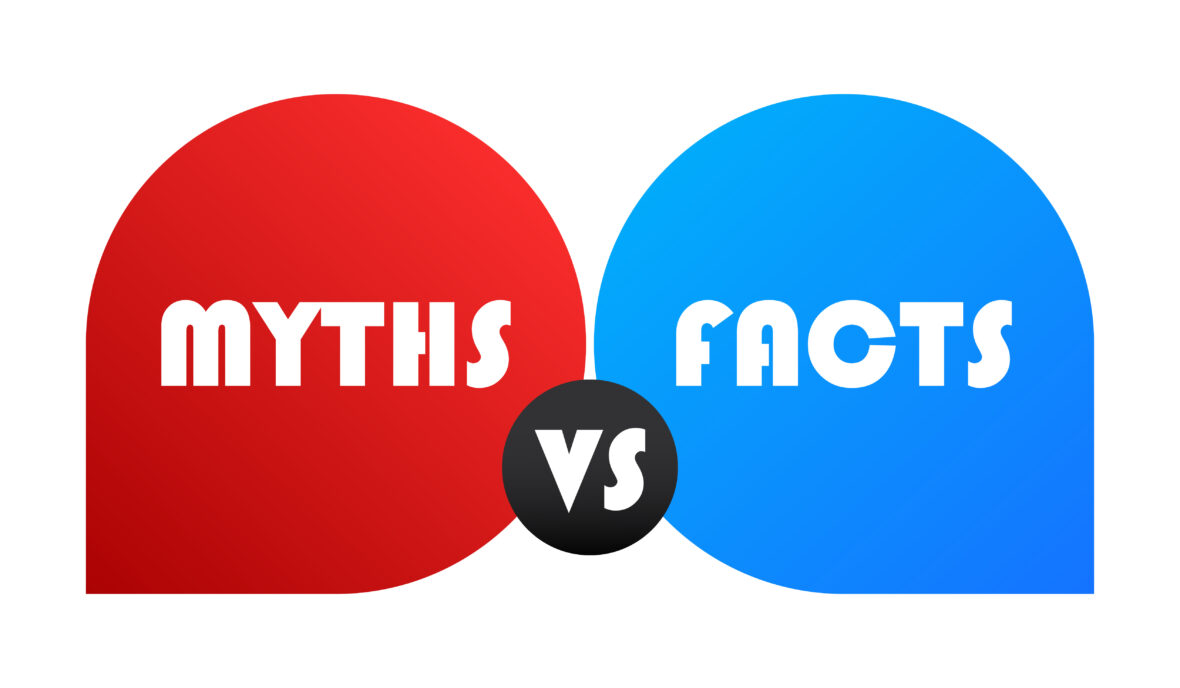Foster Parenting — The Need is Great, But the Rewards Are Greater
Right now, approximately 7,000 children in Wisconsin are in foster care. There are more than 1,700 children in foster care in Milwaukee County alone.
With statistics like that, it’s no surprise that there is a significant need for foster parents.
Before you shrug your shoulders and say, ‘Well, that’s not for me’ and stop reading, please hear us out and consider becoming a part of healing in your community.
First, let’s dispel some myths.

MYTH 1- We are not a perfect family.
“There is no such thing as a perfect family,” said Andrea Dexter, Foster Parent Retention Specialist at Wellpoint Care Network. “It’s a myth that a successful household can only exist with two parents in a big home with a couple of thousand dollars in the bank. That’s just not the case. We have many successful foster families of all shapes and sizes — whether it’s a same-sex household, a single parent household, blended families, retired adults or young adults right out of college.”
MYTH 2- Children in the system are broken.
“Foster kids are not broken, but, like all children, they are full of potential,” says Dexter. “Yes, it might be a struggle at times working with children who may have experienced trauma in many aspects of their life, but parenting is all about meeting each child where they are at, so you can help them learn and grow.
That’s where Trauma Informed Care (TIC) training and support comes in. TIC is not ‘just a foster parent training,’ it’s an approach that helps explain human emotion, psychology and behavior. It’s more like a road map to become a better human. TIC teaches people to understand themselves and others better. The skills you learn in TIC will also make you a better caregiver, co-worker, family member and friend.
Wellpoint Care Network is by your side to help you through that learning and growing process. We’ve seen healing in action. When we can help children and families heal, then we also get to be a part of positive societal change. So, as a foster parent, not only would you be helping a child and a family heal, but if we could get more people involved in Trauma Informed Care through fostering, we have the potential to actually change the direction of society and improve things.”
MYTH 3- I’m not qualified.
“Some people think being a foster parent is too much for any one person or that they wouldn’t qualify because they aren’t a parent or teacher,” adds Dexter. “But, foster care will never be one-size-fits-all, and there aren’t prerequisites that determine what makes a good caregiver. As long as you are motivated, want to learn and are willing to ask for help when it’s needed, fostering could be a perfect fit for you.”
Are you convinced yet? Still can’t see yourself fostering?

So often when we picture a foster parent, we think of characteristics — rich, young, married. The key is to stop thinking about demographics and start thinking about qualities.
Are you compassionate? Organized? A good communicator? Those are the types of qualities that make a good foster parent.
“There tends to be a lot of fear or hesitation if a person doesn’t already have parenting experience or a huge support system. But, Wellpoint Care Network is there with you every step of the way. We can provide that support system. We have mentors, we have foster and kinship navigators, we have retention specialists who are dedicated to supporting caregivers. Wellpoint Care also partners with nonprofits and organizations in the community when more support is needed, so there are more resources out there for foster parents than most people realize — clothing banks, meal services, transportation services, paid daycare, medical insurance — almost everything that you could need.”
Are you starting to see it, but still not 100% sure? Truth is, no one is ever 100% ready. And, that’s okay.

“It’s more about taking the first step rather than making sure you’re 100% prepared and ready,” added Dexter. “Nobody is ever 100% ready for anything. Even when you think you are, life has a way of changing things up and keeping things interesting. So, it’s about taking that first step and being willing to learn, knowing that you’re going to have failures and successes. No worker is perfect, no caregiver is perfect and no one is going to be 100% ready and feel 100% confident. We all have anxiety and doubts, but as long as you’re willing to say ‘yes,’ we can help you with the rest.”
Before you start worrying about how long the process might take and how much work it might be, let’s start small. You can sign up for a free and virtual two-hour information session at any time. An information session doesn’t “lock you in” to anything. In fact, it opens the door to so many possibilities. You will even get a preview of Wellpoint Care’s Trauma Informed Care approach, and why it’s so important to us to educate others.
“Take that first step,” said Dexter. “Come to the info session. If and when you are interested in moving forward, we will help you through every part of the process. We’re here to walk down that road with you.”
The gratification of knowing you are making a difference is unquantifiable.

“Being able to see healing happen is like nothing else,” added Dexter. “When you see a child making progress in your home because of the things you’re doing, or you see a parent being more consistent because you’ve been supportive of them, or you see siblings interact with one another during visits with big smiles on their faces, that’s huge.”
“Seeing the healing, seeing kids just be kids and being able to be a part of a healthy family unit, that’s the goal.
When you see or hear about former foster kids going off to college, starting their own businesses as adults, forming nonprofits to help others or starting their own, healthy families, that’s how you know that healing is possible. Who wouldn’t want to be a part of that?”
Click here to learn more about how to take the first step towards becoming a foster parent.
The need is great, but the rewards are greater.








